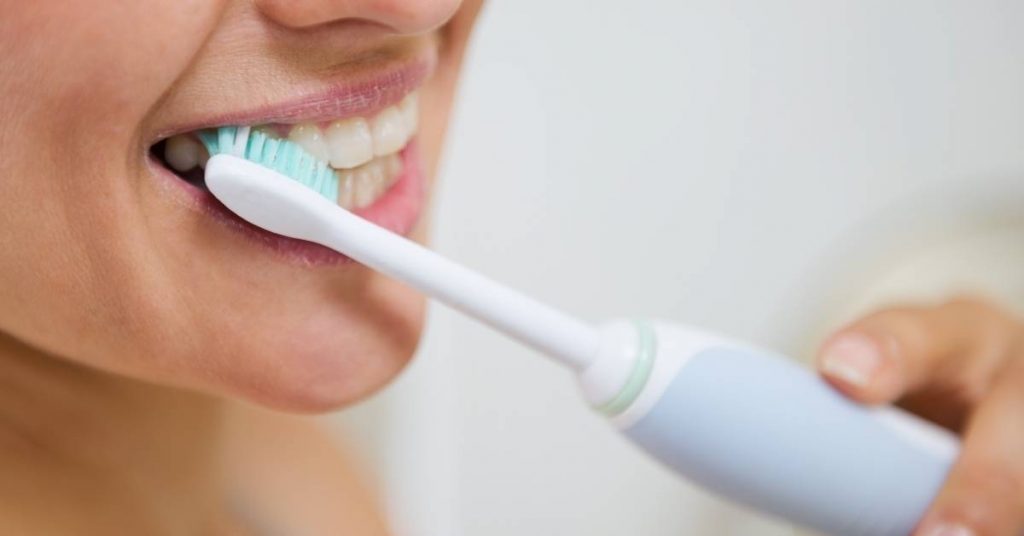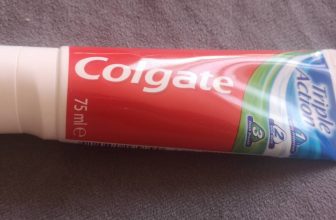Dentists recommend that people get deep teeth cleaning done at least once a year. This procedure helps to remove plaque and tartar buildup that can cause gum disease and tooth decay. However, many people find the aftermath of deep teeth cleaning to be quite painful. This article will explore ways to relieve pain after a deep teeth cleaning.
What to Expect After Deep Cleaning of Teeth
What to expect after a deep cleaning of teeth is pretty straightforward. After the cleaning, your teeth will be a bit sore, but that’s to be expected. You’ll want to avoid anything too acidic or sugary for the next few days and make sure you brush and floss regularly to avoid any potential cavities.
Over the next week or so, your teeth should start to feel pretty normal again.
How to get rid of the pain after deep teeth cleaning

If you’ve just had deep teeth cleaning, you may be feeling some pain. Here are a few tips to help relieve that pain.
1. Learn how to take care of your teeth
First, make sure you’re taking care of your teeth properly. Follow your dentist’s instructions on how to brush and floss correctly. This will help keep the area clean and free of infection.
2. Use icepacks
Secondly, try using a cold compress. Apply a cold pack to the area for ten minutes, four times per day. This will help reduce inflammation and swelling.
3. Medication
Finally, take over-the-counter pain medication as needed. Ibuprofen or acetaminophen can help relieve pain and inflammation. Be sure to follow the instructions on the bottle.
4. Gargle salt water
If you’re feeling pain in your gums, gargle salt water. Mix one teaspoon of salt in a cup of warm water and gargle for 30 seconds. This will help reduce inflammation and pain.
5. Use a desensitizing toothpaste
If your teeth are sensitive after a deep cleaning, try using a desensitizing toothpaste. This type of toothpaste can help to numb the area and reduce pain.
6. Avoid hard and crunchy foods
Avoid hard and crunchy foods for the first few days after your deep cleaning. These can irritate the area and cause pain. Stick to soft foods like soup, mashed potatoes, and yogurt.
7. Brush gently

When brushing your teeth, be sure to brush gently. Avoid scrubbing vigorously, as this can irritate the area and cause pain.
8. Rinse with warm water after eating
After eating or drinking, rinse your mouth out with warm water. This will help to remove any food or drink that could aggravate the area.
9. See your dentist if the pain doesn’t go away
If you’re still in pain after a few days, schedule an appointment with your dentist. They may be able to prescribe stronger pain medication or give you additional tips on how to relieve the pain.
How long for gums to heal after deep cleaning
When it comes to oral health, many people don’t think about the gums until there is a problem. Gum disease is one of the most common dental problems, and it can take a number of different forms. The most severe form of gum disease is periodontitis, which can lead to tooth loss if not treated.
One of the ways to treat gum disease is through deep cleaning. This involves scaling and root planing – a process in which the dentist scrapes off the plaque and tartar that have built up on the teeth and root surfaces. It can be a bit uncomfortable, but it’s an important step in restoring your oral health.
The good news is that after a deep cleaning, the gums will start to heal fairly quickly. Most people will start to see some improvement within a week or two. However, it may take several months for the gums to completely heal. Make sure to follow your dentist’s instructions carefully so that you can speed up the healing process.
If you’re struggling with gum disease, don’t hesitate to talk to your dentist about treatment options. Deep cleanings are often very effective and can help you get your oral health back on track.







